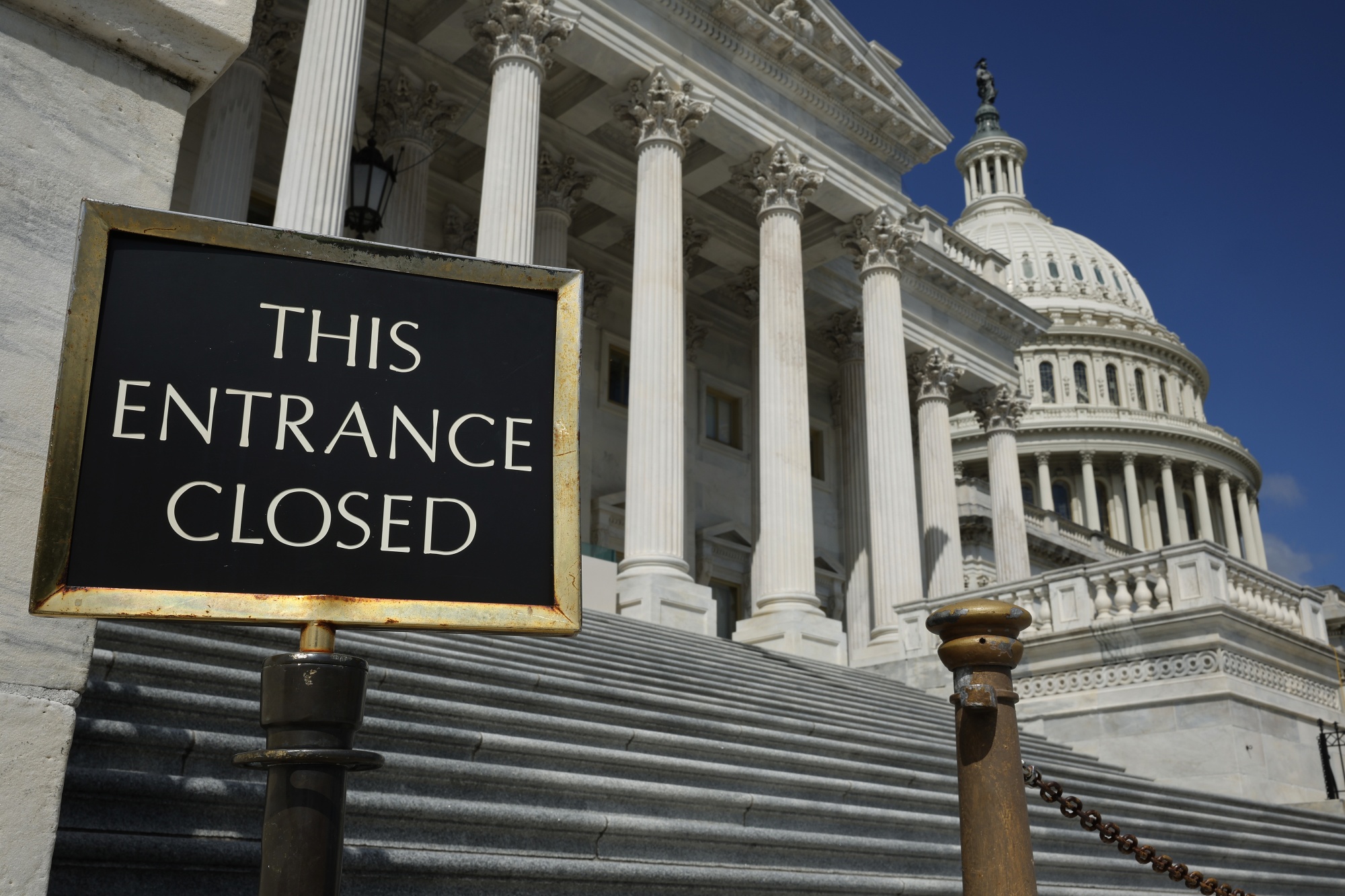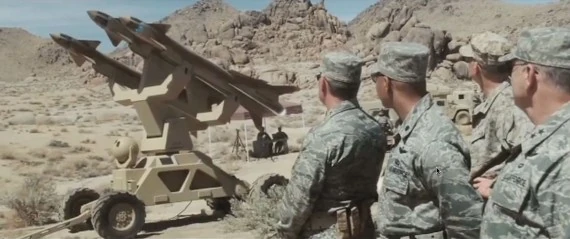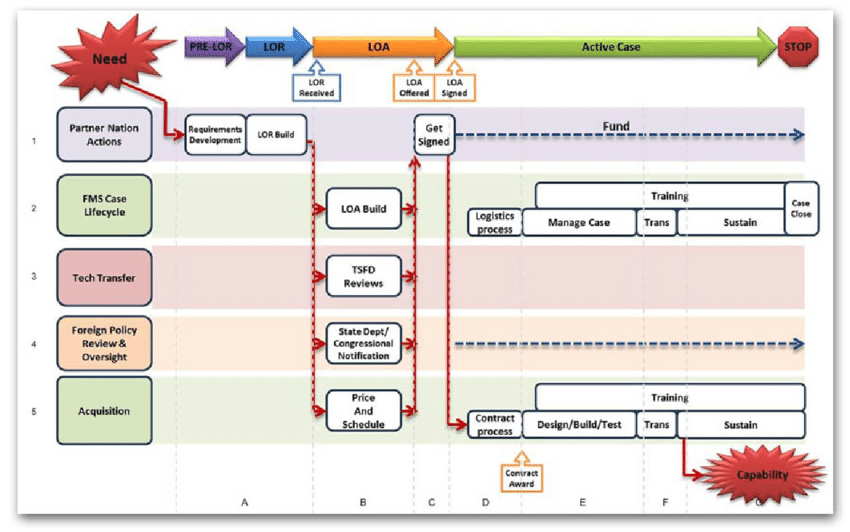During a government shutdown, many federal agencies, including the Department of State and Department of Defense, which manage ITAR licenses and FMS Case approvals, may experience significant disruptions in their operations. Here are some potential impacts on international defense business during a government shutdown: It’s crucial to monitor the situation closely and stay in contact… Read More
Navigating ITAR Considerations for International Trade Show Exhibitors
International trade shows provide an excellent opportunity for companies to showcase their products and services on a global stage, forge international partnerships, and expand their market presence. However, for exporters in industries with sensitive technology and information, such as defense, aerospace, and high-tech manufacturing, participation in international trade shows comes with a unique set of… Read More
Best Practices for Managing Manufacturing License Agreements (MLAs) in the ITAR
Managing Manufacturing License Agreements (MLAs) under the International Traffic in Arms Regulations (ITAR) is a complex task that demands meticulous attention to detail and a thorough understanding of the regulatory framework. MLAs are essential for U.S. companies involved in the defense and aerospace industries, as they enable the authorized production of controlled defense articles by… Read More
Navigating the ITAR License Proviso Reconsideration Process: A Comprehensive Guide
Submitting an International Traffic in Arms Regulations (ITAR) license proviso reconsideration request can be a complex and delicate process. The ITAR governs the export and transfer of defense articles and services, and license provisos are conditions or limitations imposed on these licenses. When you believe a proviso is unjust or no longer necessary, it’s crucial… Read More
The Fundamentals of Developing an ITAR Licensing Strategy
Developing an effective export license strategy under the International Traffic in Arms Regulations (ITAR) is crucial for businesses in the defense and aerospace industries. Here are five tips to help you navigate this complex process: Remember that ITAR compliance is a complex and highly regulated process, and non-compliance can result in severe legal and financial… Read More
Surge in ITAR Brokering Activities Following the 2022 Russian Invasion of Ukraine
The geopolitical landscape was dramatically reshaped in 2022 when Russia’s invasion of Ukraine sent shockwaves across the international community. The fallout from this event has led to significant changes in various sectors, including the defense industry. One noticeable trend is the marked increase in ITAR (International Traffic in Arms Regulations) brokering activities since the invasion,… Read More
Expanding Horizons: How the U.S. Defense Industry Can Leverage Foreign Military Sales for International Business
In an interconnected world, collaboration and partnership are key drivers of progress, even in the realm of defense. The U.S. defense industry possesses a potent avenue to forge international relationships and bolster its global presence through Foreign Military Sales (FMS). FMS not only serve to equip partner nations with cutting-edge defense technology but also present… Read More
Technology Security & Foreign Disclosure vs Offsets: A Delicate Balance for the US Defense Industrial Base
In the realm of international defense collaborations, offsets play a pivotal role in fostering economic and technological cooperation between nations. However, the delicate balance between promoting offsets and safeguarding sensitive technology has brought to light the significant impact of technology security and foreign disclosure (TSFD) within the framework of the International Traffic in Arms Regulations… Read More
AUKUS and ITAR
If you are a US defense company and are doing business in the UK or Australia, or want to do business in the UK or Australia, your lives are about to get a lot more interesting! The recently formed AUKUS alliance between Australia, the United Kingdom, and the United States has raised questions about potential… Read More
The Great Eastern European Fire Sale
As the Ukraine war drags on, western allies continue to bolster Ukrainian military capability and fighting capacity by tapping large reserves of soviet era fighting equipment leftover in former Soviet satellite states like Croatia, Slovakia, Slovenia, Romania, and Poland. Most of these states have been more than happy to oblige as western allies sweeten the… Read More









